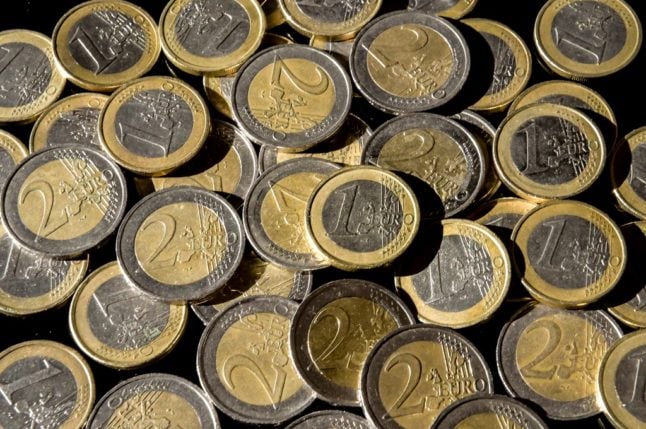They say money makes the world go round, but in French there are many different ways to talk about money. As a non-native French speaker, you might find yourself a bit lost in some of the lingo around cash.
Most people will probably know the formal French term for money – l’argent – but there are lots of other options.
Slang terms
There are several different ways to say ‘a buck’ or ‘a quid’ in French:
Balle – Usually in the plural form, this word is interchangeable with Euro. You can learn more about the origins of this word HERE.
Boule – An up-and-coming slang term for Euro. Both this and balles are more commonly used by young people.
If you want to speak generally about money you can say:
Fric – This is interchangeable with cash or money. Someone might say “J’ai retiré le fric pour payer” (I took out money to pay)
Blé – This means wheat, but its the equivalent to Ebglish ‘bread’ or ‘dough’ as a slang term for money. It’s a little more old-fashioned.
Formal terms
Money – L’argent. This is also the word for silver – since money was originally made from silver, so you’ll also see it if you’re looking at high-end jewellery.
Coins – Les pièces, if you want to refer to only one coin you can say une pièce de monnaie
A bill or a note – un billet
Payment
Can I pay please? – “Est-ce que je pourrais payer s’il vous plaît ?” or “Est-ce que je pourrais regler s’il vous plaît ?” You might also hear a server say “Si vous êtes prêt, je peux vous encaisser ?” which means “If you are ready, I can cash you out?”
By Card – Par carte bancaire (by bank card), par carte bleu (used interchangeably with card, but online you might see the options as ‘Visa, Mastercard, or Carte Bleu”), or just par carte (by card)
By Cash – En espèces (by cash) or par argent liquide or en liquide
Contactless – Sans contact
Tip – Un pourboire or simply ‘un tip‘
Change/ Spare change – de la monnaie
The bill or the check – l’addition
Banking terminology
Bank details statement – RIB, or Relevé d’Identité Bancaire. This is basically your banking identity card. It is a small document that includes your personal account details. You will need this if you want to be paid by another person.
A check – un chèque
Balance – le solde bancaire
An overdraft – un découvert
Transfer – un virement
ATM machine – le guichet automatique
READ MORE: SIDA to IRM to RIB: Everyday French initials and acronyms to know



 Please whitelist us to continue reading.
Please whitelist us to continue reading.
Member comments